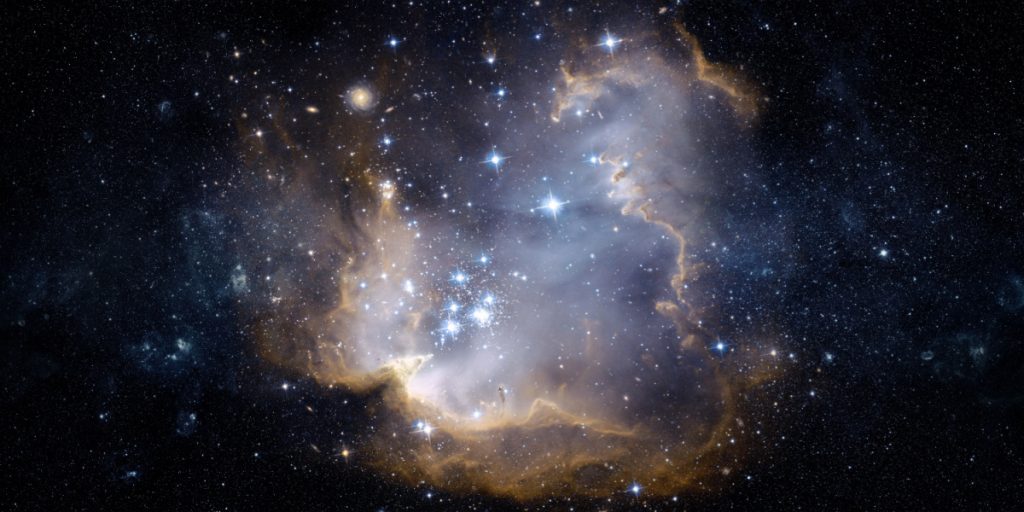What does this mean for us?
Others are reading now
Everything we know about the universe might need to be reconsidered.
Recent research shows that the universe is expanding faster than scientists thought. This discovery could mean a major shift in how we understand space and time.
Faster Expansion Than Expected
New measurements suggest that the universe is growing at a speed current models can’t fully explain.
Scientists from Duke University, using data from the DESI instrument, observed a nearby galaxy cluster, writes WP.
Also read
They calculated a Hubble constant of 76.5 km/s/Mpc. This number differs from previous measurements and raises questions about long-standing theories.
Contradictions in Cosmology
There are two ways to measure the Hubble constant. One method looks at the cosmic microwave background radiation, while the other uses Cepheid variable stars.
These methods produce conflicting results, causing tension among scientists. The recent findings add to this puzzle, suggesting that current calculations could be wrong.
A Need for New Theories
Professor Dan Scolnic, the study’s lead author, believes this could mean cosmological models are incomplete.
He explained that such findings might lead to a deeper understanding of the universe. While the challenges are significant, the possibility of uncovering new truths excites researchers.
Mapping the Cosmos
Using DESI, scientists created a three-dimensional map of the universe. This tool revealed differences in how the universe expands and how dark energy behaves.
The findings challenge Einstein’s theory of relativity in some ways, while confirming it in others.
They also suggest that dark energy, thought to drive the universe’s expansion, might change over time.
Looking Back in Time
DESI’s data, collected over its first year, allowed scientists to measure the universe’s expansion rate as far back as 11 billion years.
This could provide insights into how dark energy has influenced the cosmos over time.
The study’s results push the boundaries of modern cosmology. They also remind us that space still holds many mysteries waiting to be uncovered.


